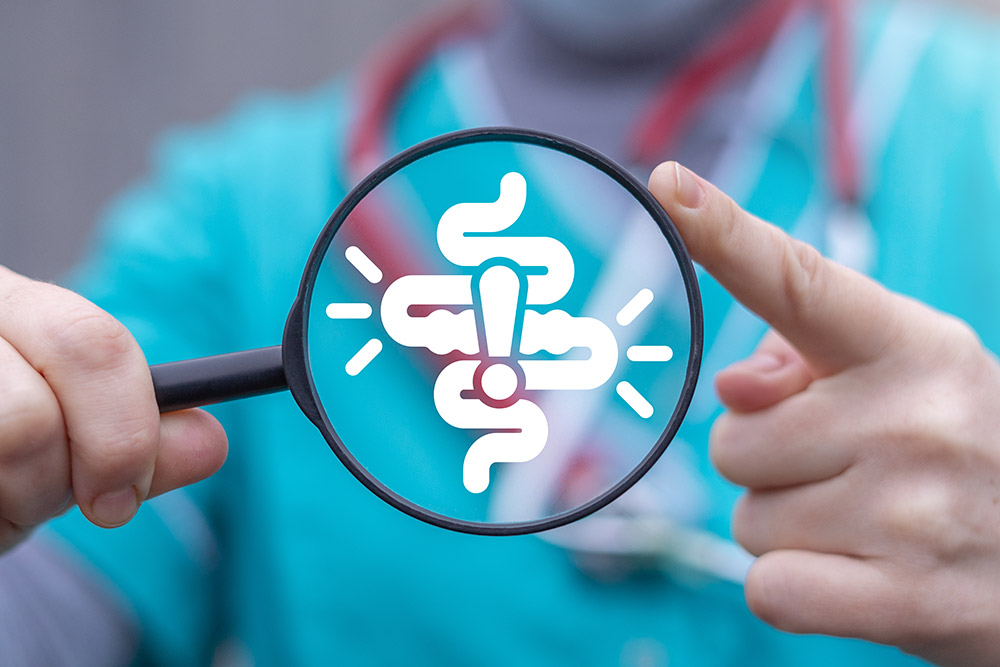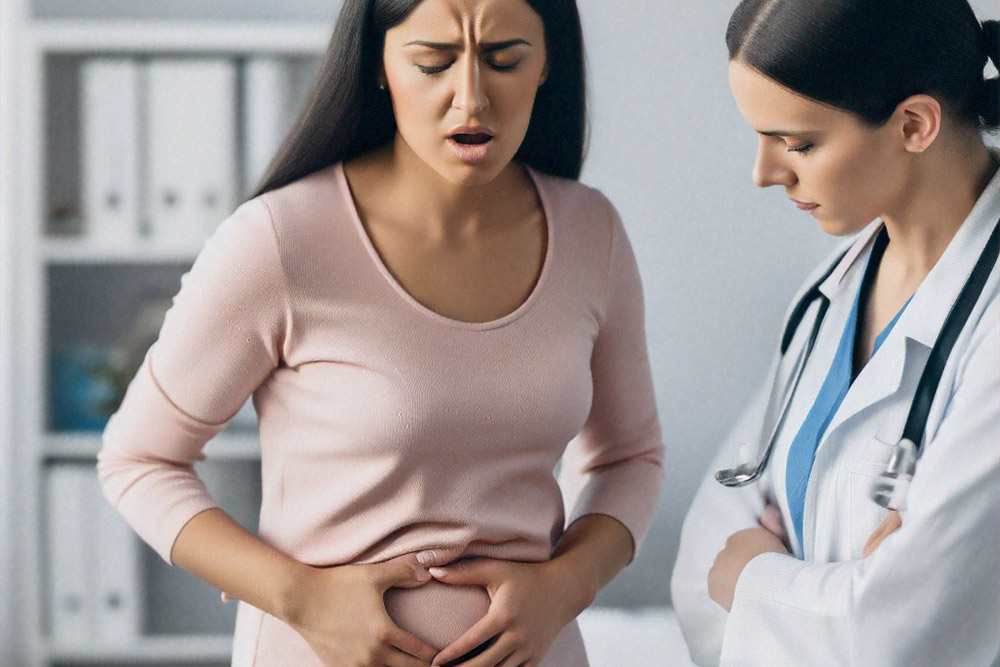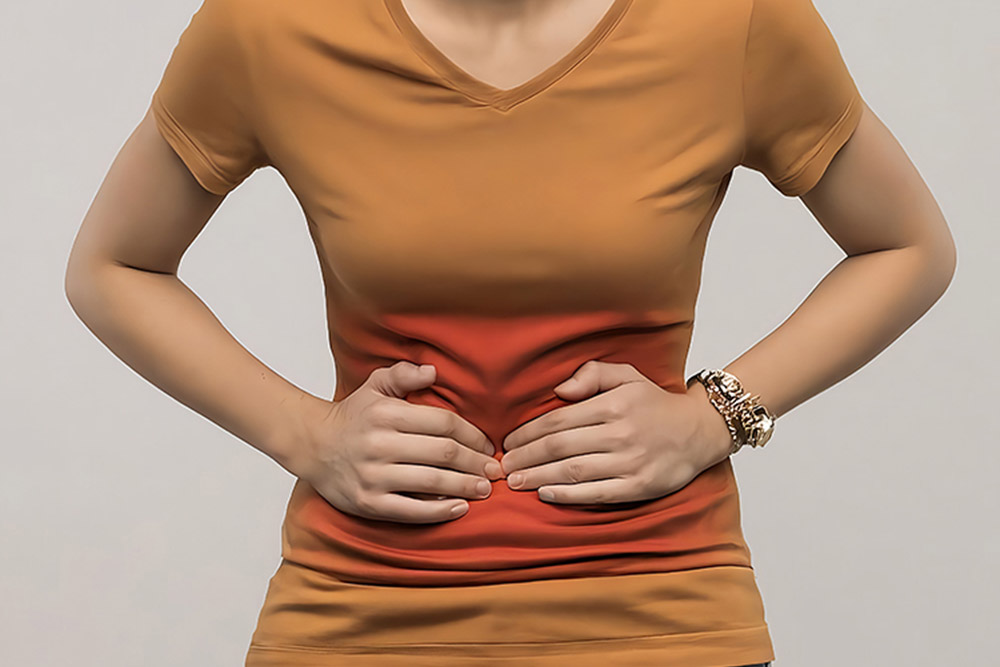What Is Eosinophilic Jejunitis?
Eosinophilic jejunitis is a rare immune-mediated condition in which eosinophils (a type of white blood cell) accumulate in the jejunum, the middle portion of the small intestine. This buildup causes inflammation, abdominal pain, and digestive disturbances, and is not due to an infection.
Common Causes and Risk Factors
- Food allergies : Common triggers include dairy, wheat, soy
- Family history of allergies or asthma
- Other allergic conditions : Such as eczema, asthma, hay fever
- Unknown causes : In some cases the exact trigger remains unclear
Signs and Symptoms
- Cramping or pain in the mid-abdomen
- Nausea and/or vomiting, often after eating
- Loose stools or chronic diarrhea
- Unexplained weight loss from poor nutrient absorption
How Dr. Rishi Diagnoses Eosinophilic Jejunitis?
Dr. Rishi uses a step-by-step approach:
Medical History and Examination
He reviews your diet, symptom patterns, allergy history, and family background to identify potential triggers.
Endoscopic Evaluation with Biopsy
An endoscope is gently advanced into the jejunum to visualize the lining and obtain tiny tissue samples for eosinophil counts.
Imaging Studies
- CT Scan : Checks for thickening of the intestinal wall and excludes other abdominal conditions.
- Abdominal Ultrasound : Assesses for swelling or structural changes in the small intestine.
Laboratory Testing
Blood tests measure overall eosinophil levels and help rule out infections or other inflammatory disorders.
Frequently Asked Questions
What causes eosinophilic jejunitis?
It's usually triggered by food allergies (like dairy, wheat, soy) or inherited traits. The immune system overreacts and causes inflammation in the jejunum.
How is eosinophilic jejunitis diagnosed?
Dr. Chadha uses a combination of endoscopy with biopsy, imaging (CT or ultrasound), and blood tests to confirm elevated eosinophils and rule out infections.
Is eosinophilic jejunitis the same as an infection?
No. Infections are caused by bacteria or viruses. Eosinophilic jejunitis is an immune-mediated condition driven by eosinophil buildup.
What are the treatment options?
Treatment includes diet and lifestyle changes (elimination diet, nutritional support, stress reduction), medications (steroids, acid blockers, biologics), and, if needed, endoscopic dilation for strictures.
Is there a special diet for this?
Yes. Patients start with an elimination diet to remove common triggers, then foods are reintroduced slowly under guidance.
Are steroids safe?
Short-term steroids are commonly used to reduce inflammation. Long-term use is minimized; other therapies like biologics can help limit steroid exposure.
Will I need surgery?
Surgery is rare. If the intestine narrows significantly, endoscopic dilation can gently open strictures without surgery.
How soon will I feel better?
Many patients notice symptom relief within days of starting steroids. Dietary changes may take several weeks to show full benefits.
Will my insurance cover testing and treatment?
Most insurance plans cover the necessary tests and therapies. Our team assists with authorizations and billing questions.
Can children get eosinophilic jejunitis?
Yes. Children, especially those with food allergies or other atopic conditions, can develop eosinophilic jejunitis and benefit from tailored treatment plans.











